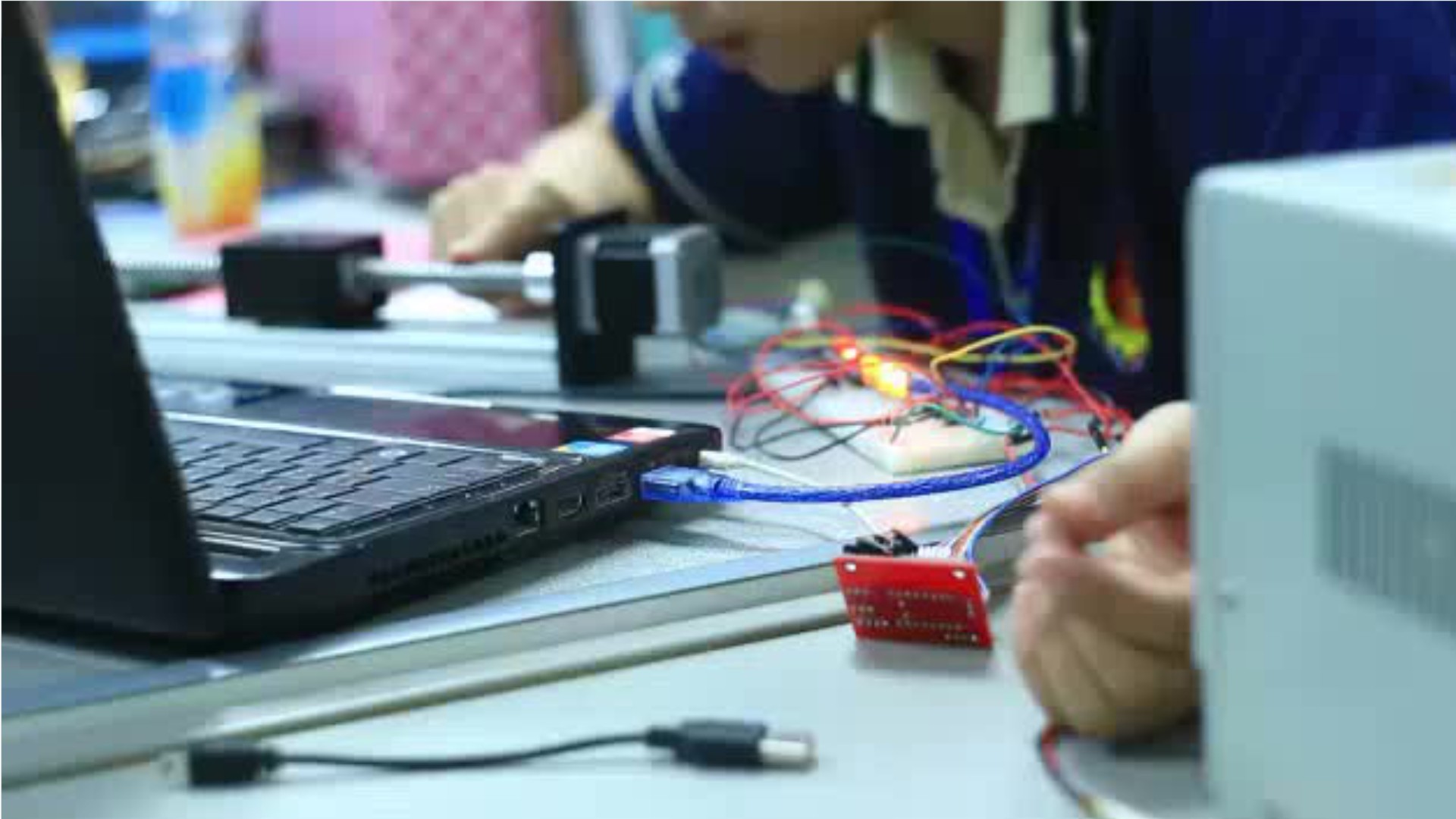Electrical & Electronics Repairers, Commercial & Industrial Equipment
Control Technician, Electrical and Instrument Technician (E and I Tech), Electronic Technician, I and C Tech (Instrument and Control Technician)
What they do:
Repair, test, adjust, or install electronic equipment, such as industrial controls, transmitters, and antennas.
On the job, you would:
- Test faulty equipment to diagnose malfunctions, using test equipment or software, and applying knowledge of the functional operation of electronic units and systems.
- Maintain equipment logs that record performance problems, repairs, calibrations, or tests.
- Set up and test industrial equipment to ensure that it functions properly.
Knowledge
Engineering and Technology
- computers and electronics
- mechanical
Manufactured or Agricultural Goods
- manufacture and distribution of products
Business
- customer service
- management
Math and Science
- arithmetic, algebra, geometry, calculus, or statistics
Skills
Basic Skills
- thinking about the pros and cons of different ways to solve a problem
- keeping track of how well people and/or groups are doing in order to make improvements
Problem Solving
- noticing a problem and figuring out the best way to solve it
Technical
- repairing machines or systems using the right tools
- watching gauges, dials, or display screens to make sure a machine is working
Abilities
Hand and Finger Use
- keep your arm or hand steady
- hold or move items with your hands
Ideas and Logic
- notice when problems happen
- order or arrange things
Verbal
- listen and understand what people say
- communicate by speaking
Visual Understanding
- quickly compare groups of letters, numbers, pictures, or other things
Personality
People interested in this work like activities that include practical, hands-on problems and solutions.
They do well at jobs that need:
- Cautiousness
- Attention to Detail
- Dependability
- Intellectual Curiosity
- Integrity
- Perseverance
Technology
You might use software like this on the job:
Spreadsheet software
- Microsoft Excel
Facilities management software
- Computerized maintenance management system CMMS
- Maintenance management software
Electronic mail software
- Email software
Education
Education: (rated 3 of 5)
associate's degree or
certificate after high school
usually needed
certificate after high school
usually needed
Job Outlook
Below Average
New job opportunities are less likely in the future.
Explore More
- Aerospace Engineering & Operations Technologists & Technicians
- Calibration Technologists & Technicians
- Electrical & Electronic Engineering Technologists & Technicians
- Electrical & Electronics Installers & Repairers, Transportation Equipment
- Robotics Technicians
You might like a career in one of these industries:
See more details at O*NET OnLine about Electrical & Electronics Repairers, Commercial & Industrial Equipment.






